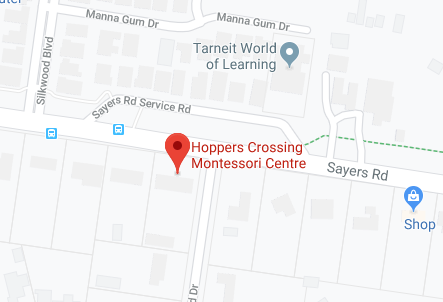Mathematics
Generally we often think maths is hard and it’s because it is often introduced in a very abstract way. We are asked to begin remembering it rather than having clear concept in mind.
Maria Montessori said that every human being is born with a ‘Mathematical Mind’. We all have the ability to calculate, measure and estimate. Finding patterns makes life easy.
Children have a mathematical mind and it became obvious when the child very early starts recognising the patterns; start noticing and saying it’s not fair, share; not equal; I need more; I need less.
Other examples could be when dressing they are using mathematical mind; one socks in one leg and another one on other leg; when pouring water or milk in a cup they are judging; when walking they are judging distance ‘it’s so close’ or ‘its too far’.
Setting up the dining table one fork for mom; one for dad; etc. Using concrete materials and focusing on the process rather than the product, children approach mathematics and joyful engagement.
The mathematical exercises are presented in a logical sequence and systematic progress is made from the concrete to the abstract and from simple to complex. The sequence of the presentations is respected and the directress does not allow herself or the child to be rushed through the exercises.
To proceed from one concept to the next, he needs to have fully established, understood and internalised the first. This allows him to develop a clear, positive understanding of numbers.
Like all Montessori materials, the mathematics material build on each other in increasing complexity so that a child using them will experience the thrill of discovery for herself as part of a natural progression to understanding.
An overview of the 6 major Mathematics groups cover from age 3 to 6 years:
- Numbers 1 to 10
- The Decimal System
- Continuation of counting (Linear counting & Skip Counting)
- Memorisation of Essential number combinations
- Passage to Abstraction
- Work with Fractions
The Principles used here:
- Isolate one difficulty at a time
- Allow for manipulation and repetition
- Allow child to move from simple to more complex activities
- Start with concrete experiences the mind of the child is helped systematically to arrive at an abstract mathematical understanding of the concept
- Take account of the ‘process of learning

